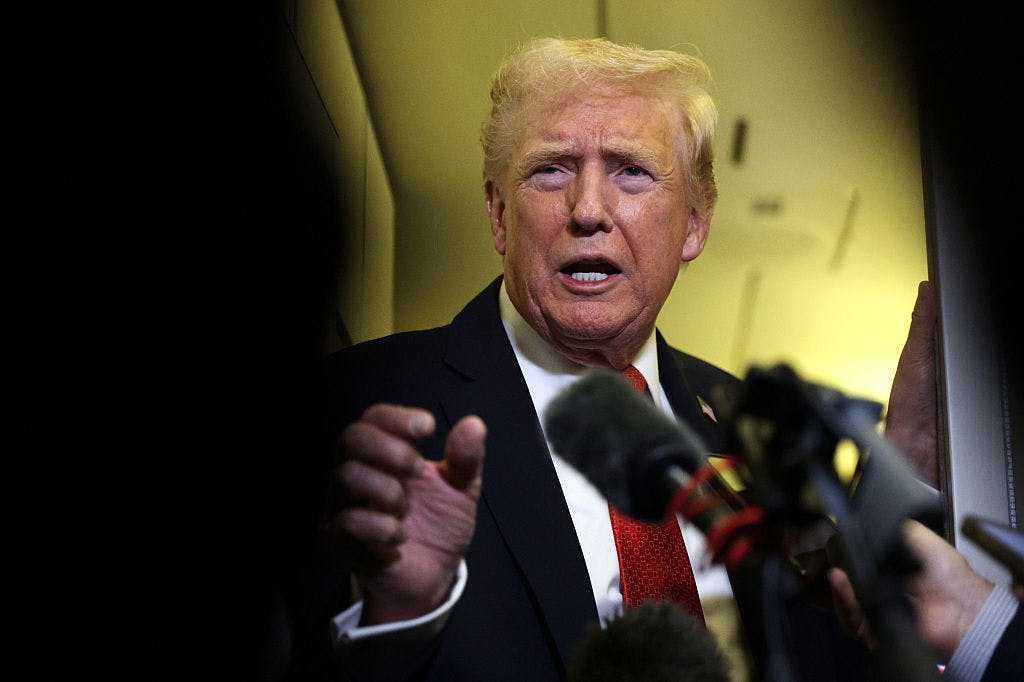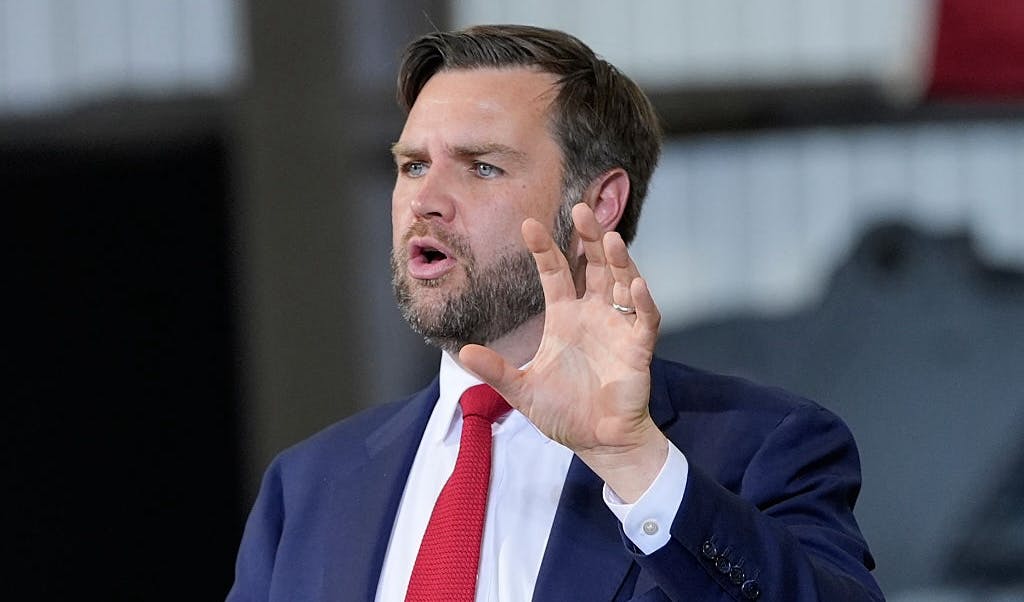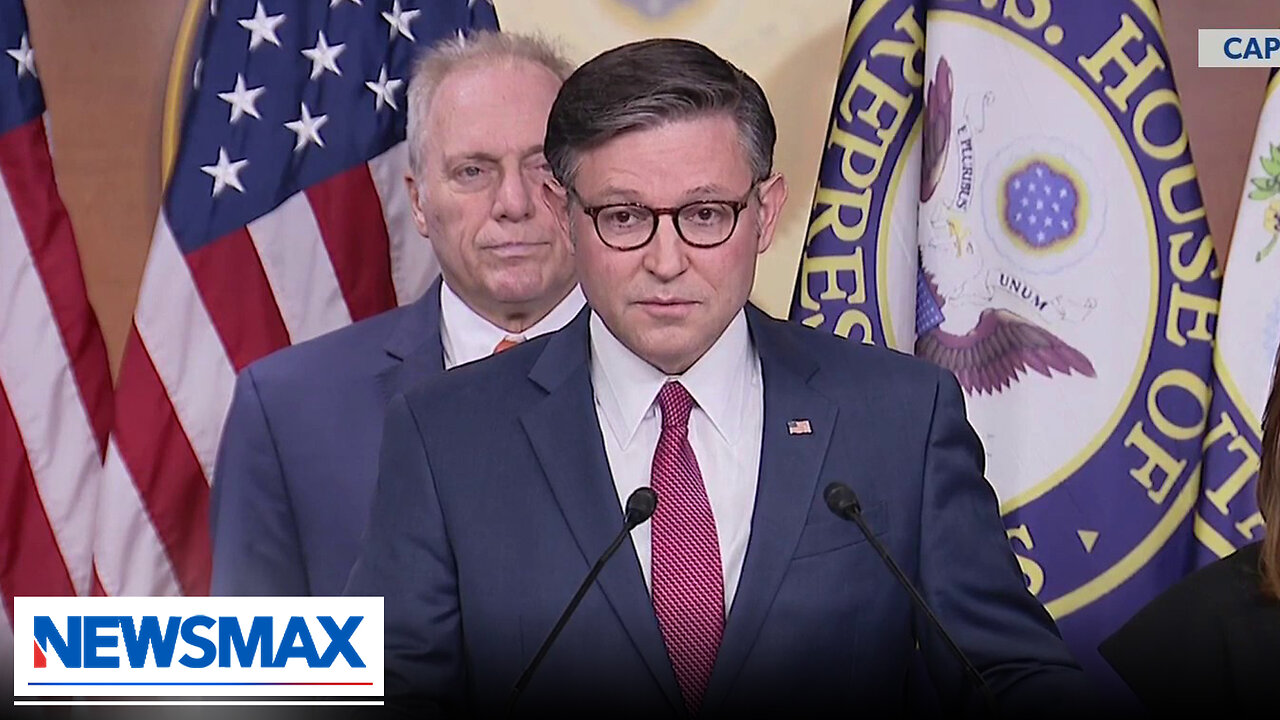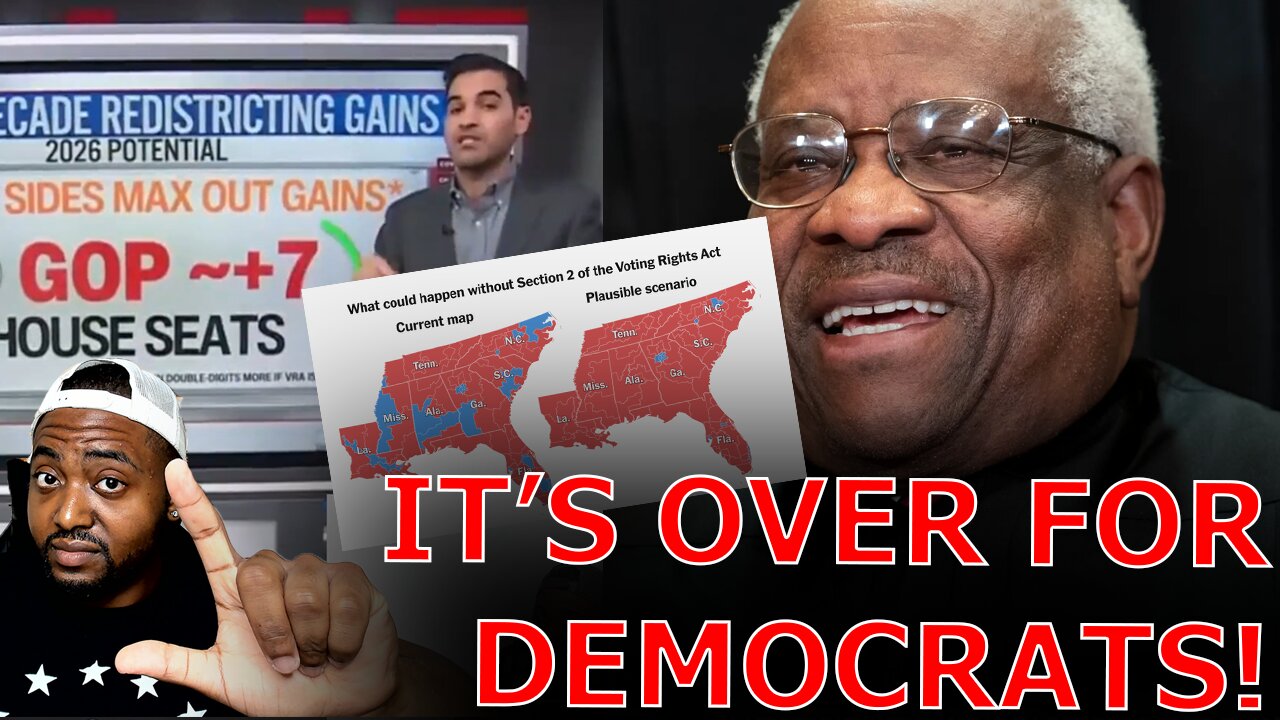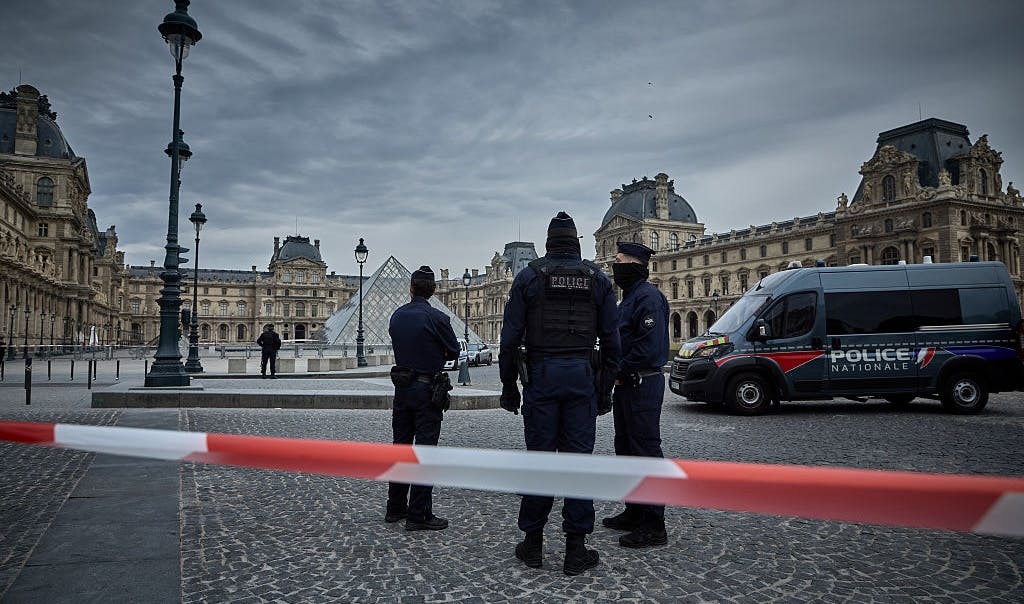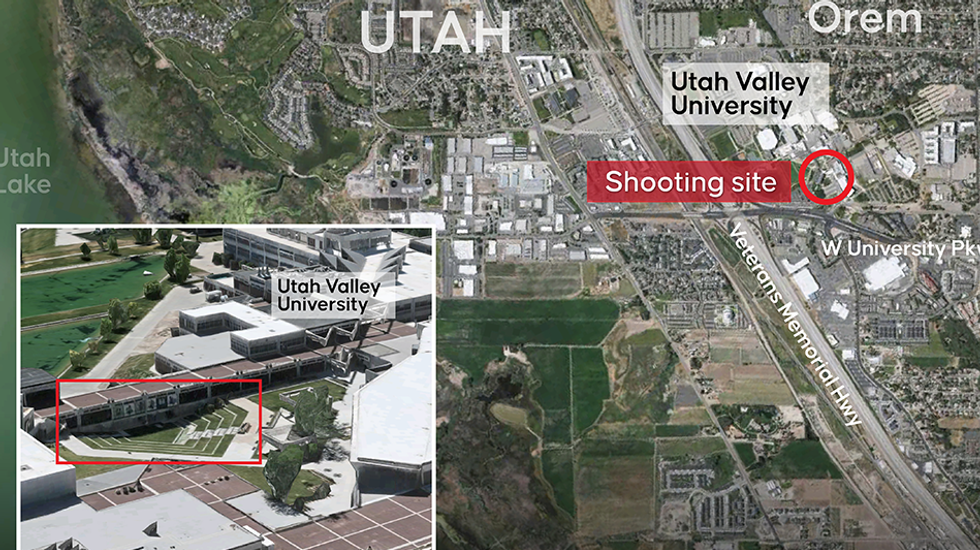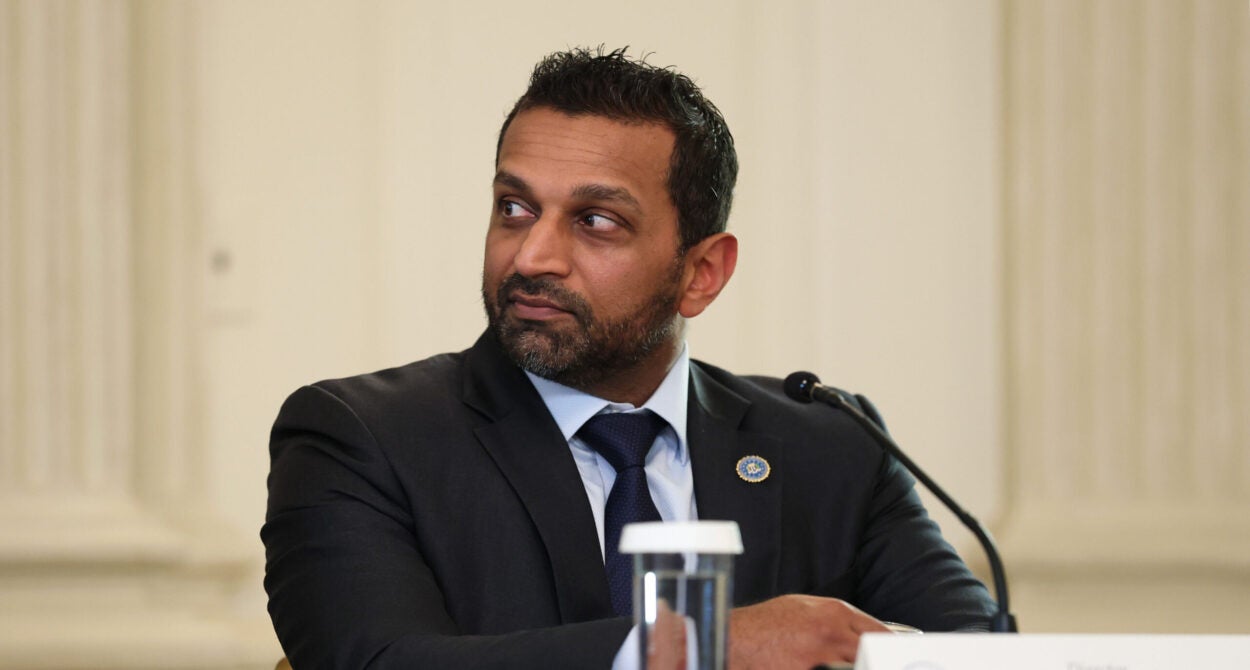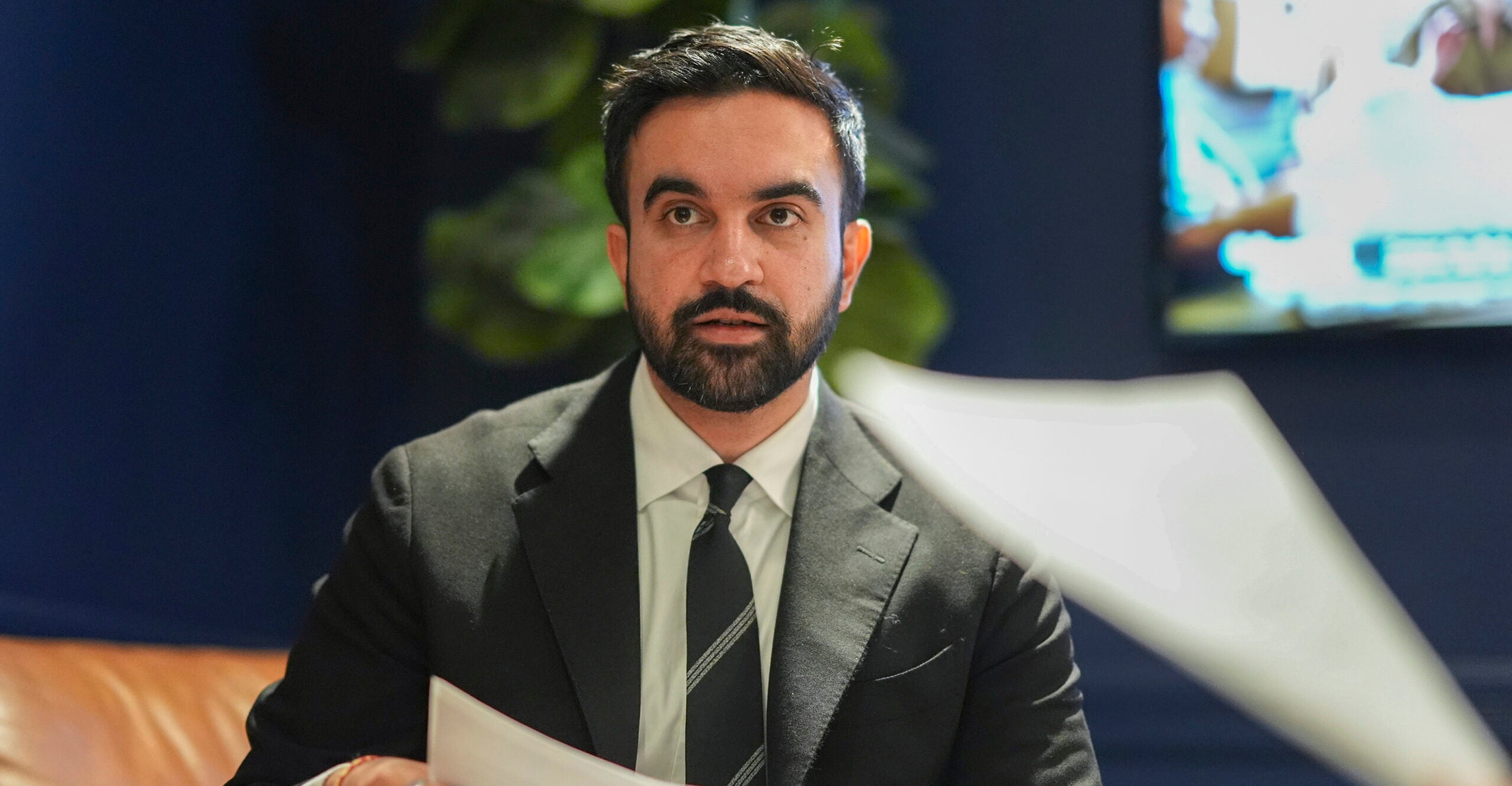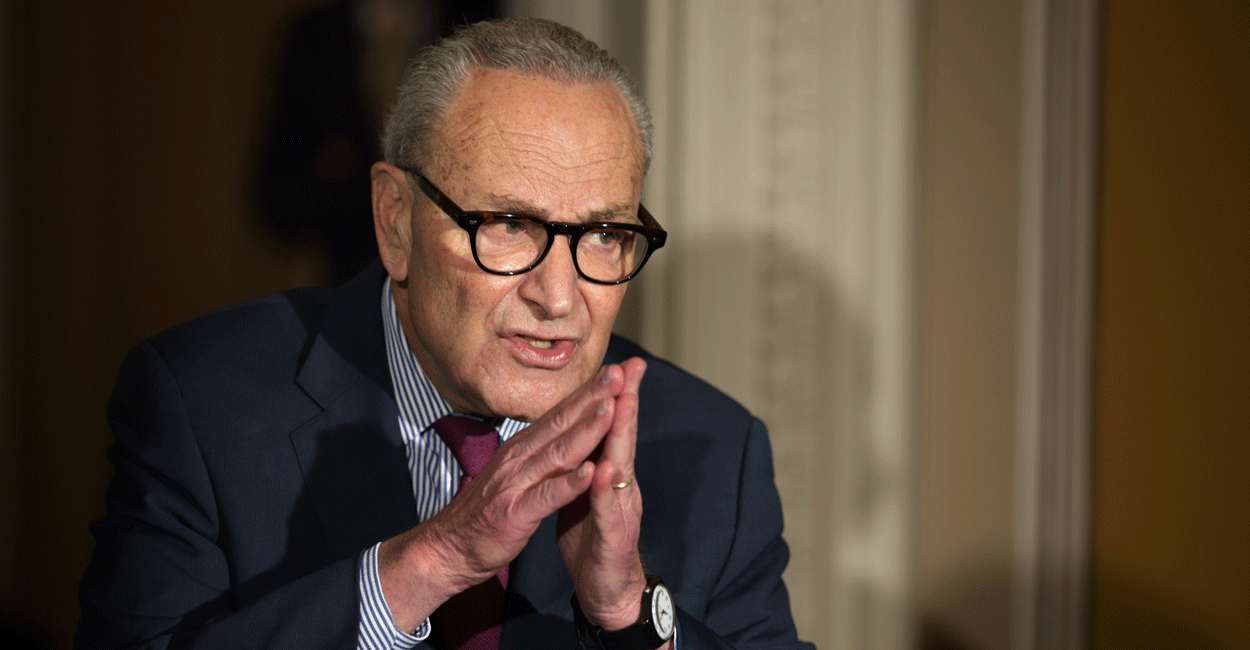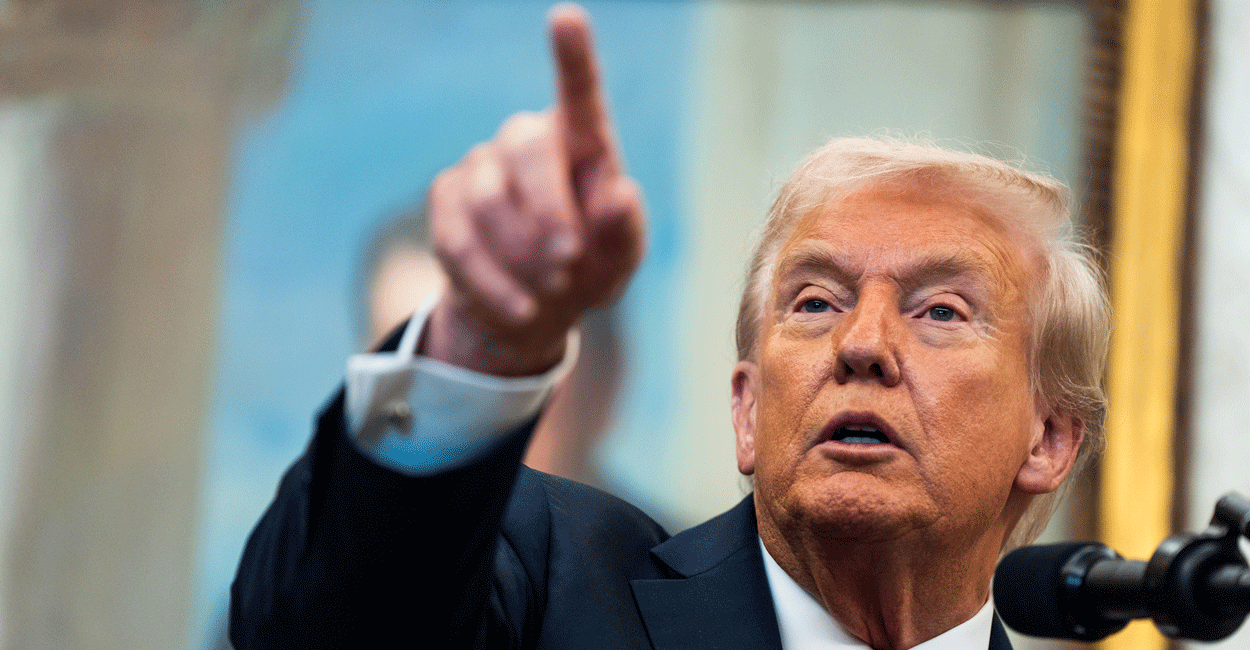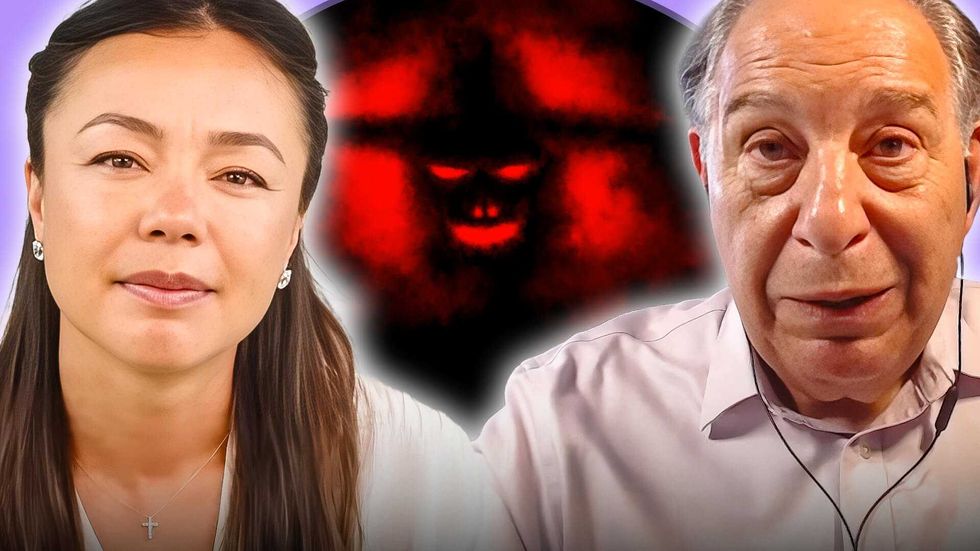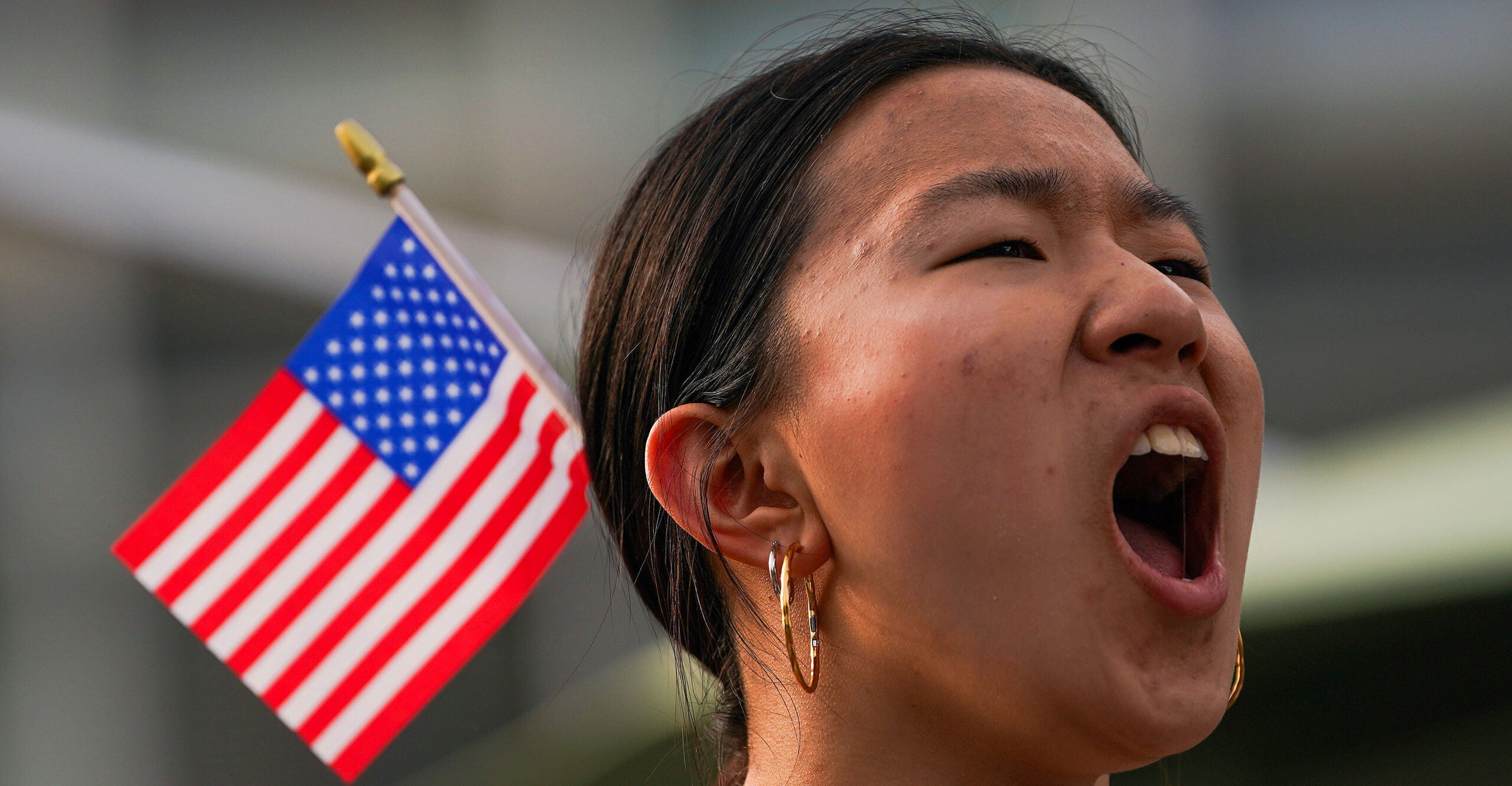The Associated Press’ Narrow ‘Victory’ Over the White House
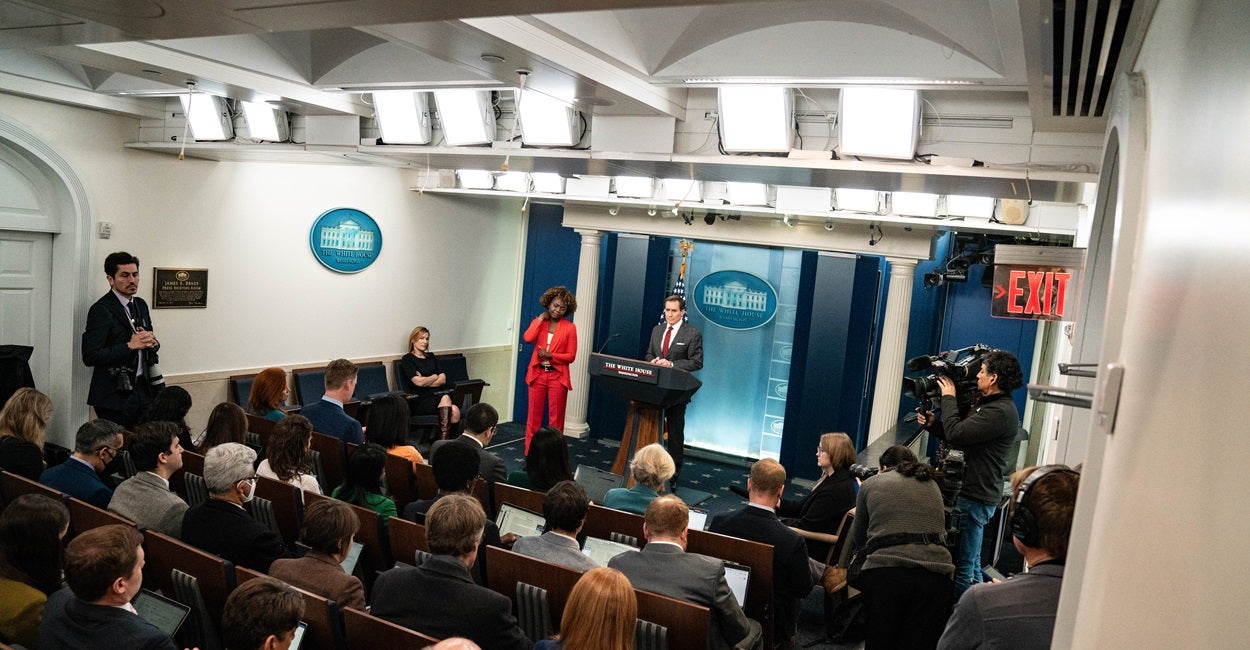
The Associated Press claims it won a “major victory” in its lawsuit against the White House, but you would think a wire service that says it provides “accurate, unbiased news” would be a little more accurate in its reporting. Federal district court Judge Trevor McFadden issued a preliminary injunction in AP’s favor, but the decision is much narrower than what AP portrays.
The lawsuit, Associated Press v. Taylor Budowich (deputy chief of staff at the White House), was filed after the White House “sharply curtailed AP’s access to coveted, tightly controlled media events with the President.”
AP claimed the government violated the First Amendment by excluding it “because of its viewpoint” and, specifically, its refusal to use the term “Gulf of America” in its reporting.
Judge McFadden agreed with AP but went to great lengths to explain the limits of his injunction. He said it: “Does not limit the various permissible reasons the Government may have for excluding journalists from limited-access events. It does not mandate that all eligible journalists, or indeed any journalists at all, be given access to the President or nonpublic government spaces. It does not prohibit government officials from freely choosing which journalists to sit down with for interviews or which ones’ questions they answer. And it certainly does not prevent senior officials from publicly expressing their views.”
Instead, Judge McFadden’s ruling was simple: “Under the First Amendment, if the Government opens its doors to some journalists … it cannot then shut those doors to other journalists because of their viewpoints.”
So, AP won, but its victory is largely symbolic.
In his decision, Judge McFadden did not interfere with the White House’s assertion of control over who gets hard passes into the very limited press pool, previously controlled by the White House Press Correspondents’ Association. Nor did AP regain its long-standing privileged position.
More than 1,300 reporters have access to the White House. However, the degree of access differs, and reporters are divided into two main groups.
The first is the press pool, which includes only 1% or 2% of the credentialed White House reporters. Those reporters get to attend limited-space events in the Oval Office and elsewhere, travel on Air Force One and attend other invite-only events.
The remaining over 1,000 reporters not in the press pool get “hard passes” to attend White House press facilities during the day, while other reporters get temporary day passes from the Secret Service.
Until now, the White House Press Correspondents’ Association has tightly controlled who is in the press pool, and it frequently excluded conservatives and new media. Revealingly, its president, Eugene Daniels, just left Politico to host a show at MSNBC.
After Trump took office, the White House took control, saying it wanted to provide space for those who had been excluded. Since then, we’ve seen new faces at White House press events.
AP had two permanent spots in the press pool for a reporter and a photographer and could attend all events, no matter how small the “pool” of reporters. It complained that under the newly arranged press pool, two wire seats were traded for “new media,” leaving only one rotating wire service seat, which AP was no longer permitted to use.
If AP’s goal was to leap back to the front of the line regarding press privilege, it returned disappointed.
The injunction means that AP must be included in the rotation for the wire service seat. However, AP doesn’t get its permanent seats back. In the order, Judge McFadden said he was not restoring AP’s “‘first in line every time’ permanent press pool access”; rather, he was restoring the right not “to be treated worse that its peer wire services.”
Other media outlets that refuse to use “Gulf of America” have continued in the press pool. Judge McFadden said AP was singled out because it refused to revise its Stylebook to include “Gulf of America,” though White House Chief of Staff Susan Wiles also pointed to AP’s misuse and weaponization of its Stylebook to “push a divisive and partisan agenda.”
She isn’t alone in levying these accusations against AP and its Stylebook, an editing guide many media outlets follow. Accusations of woke bias abound and are not unfounded.
The Stylebook directs that, instead of using the term “pregnant women,” media outlets use the phrase “pregnant people seeking abortions” to include “transgender men” and “nonbinary people.” Similarly, it strictly forbids using legally accurate terms such as “illegal alien” or “illegal immigrant.”
Thus, while AP has gotten itself back into the White House press pool and events generally open to the media, no one in the White House, including the president, has to talk to AP reporters, answer their questions, grant them interviews or do anything other than ignore their presence.
Perhaps if AP returned to straight reporting, which is what a wire service is supposed to do, people might start trusting it again.
Originally published by The Washington Times.
The post The Associated Press’ Narrow ‘Victory’ Over the White House appeared first on The Daily Signal.
Originally Published at Daily Wire, Daily Signal, or The Blaze
What's Your Reaction?
 Like
0
Like
0
 Dislike
0
Dislike
0
 Love
0
Love
0
 Funny
0
Funny
0
 Angry
0
Angry
0
 Sad
0
Sad
0
 Wow
0
Wow
0


